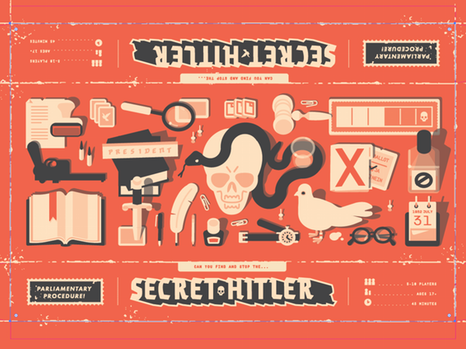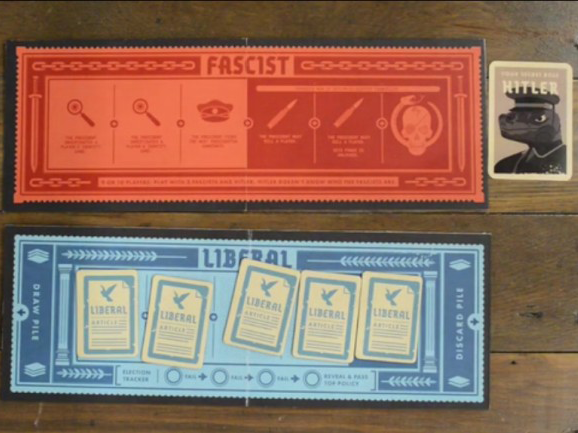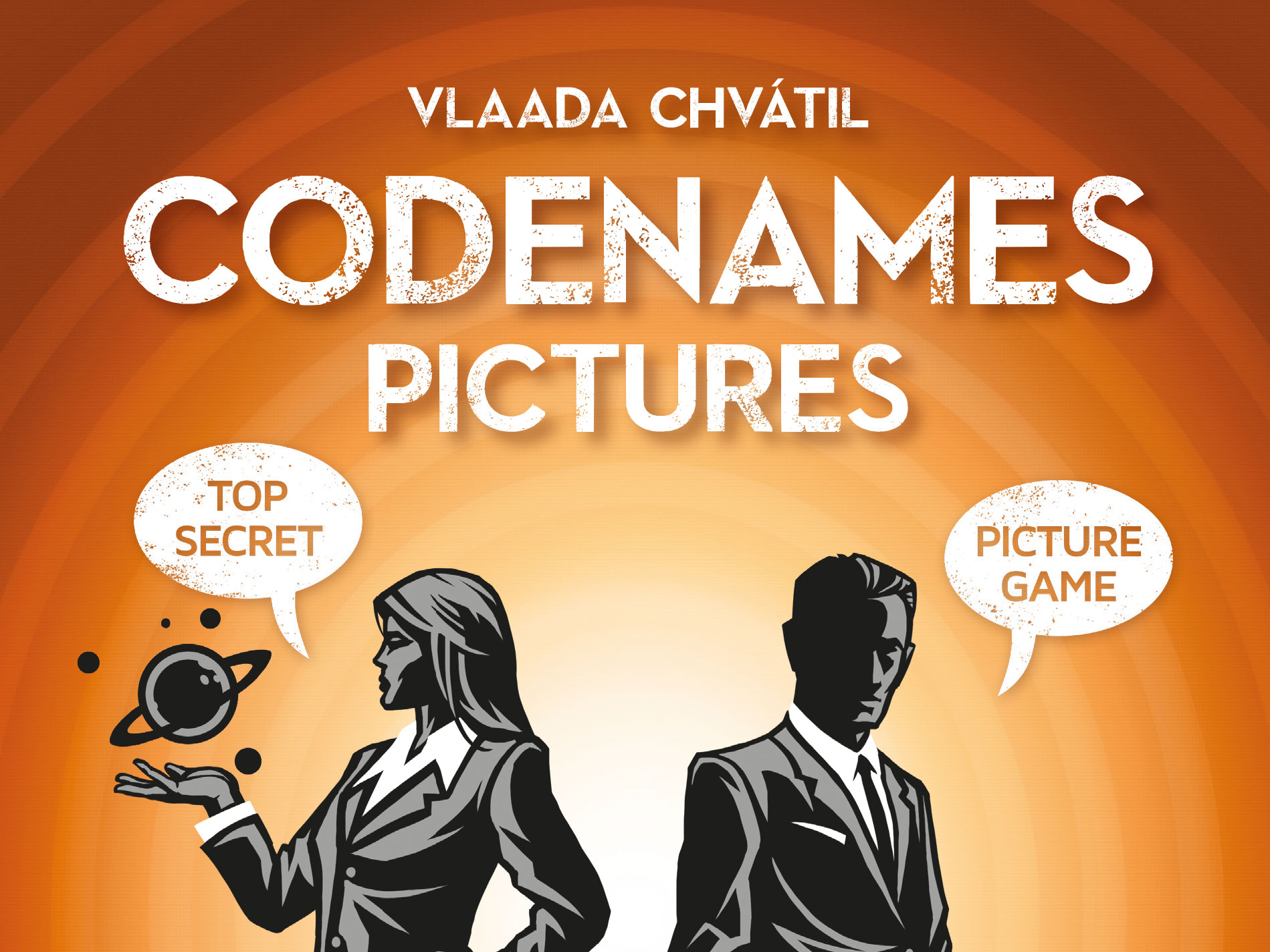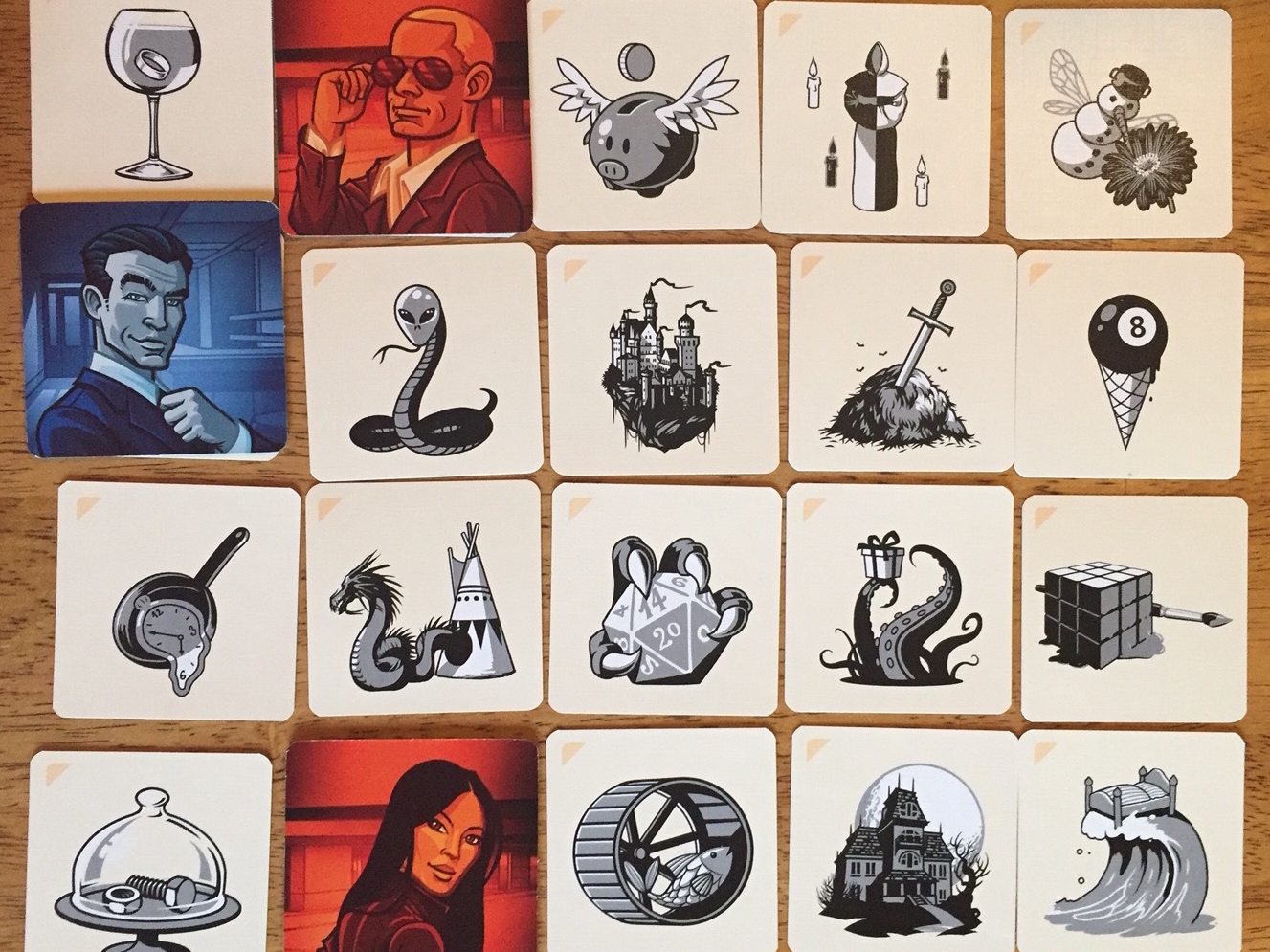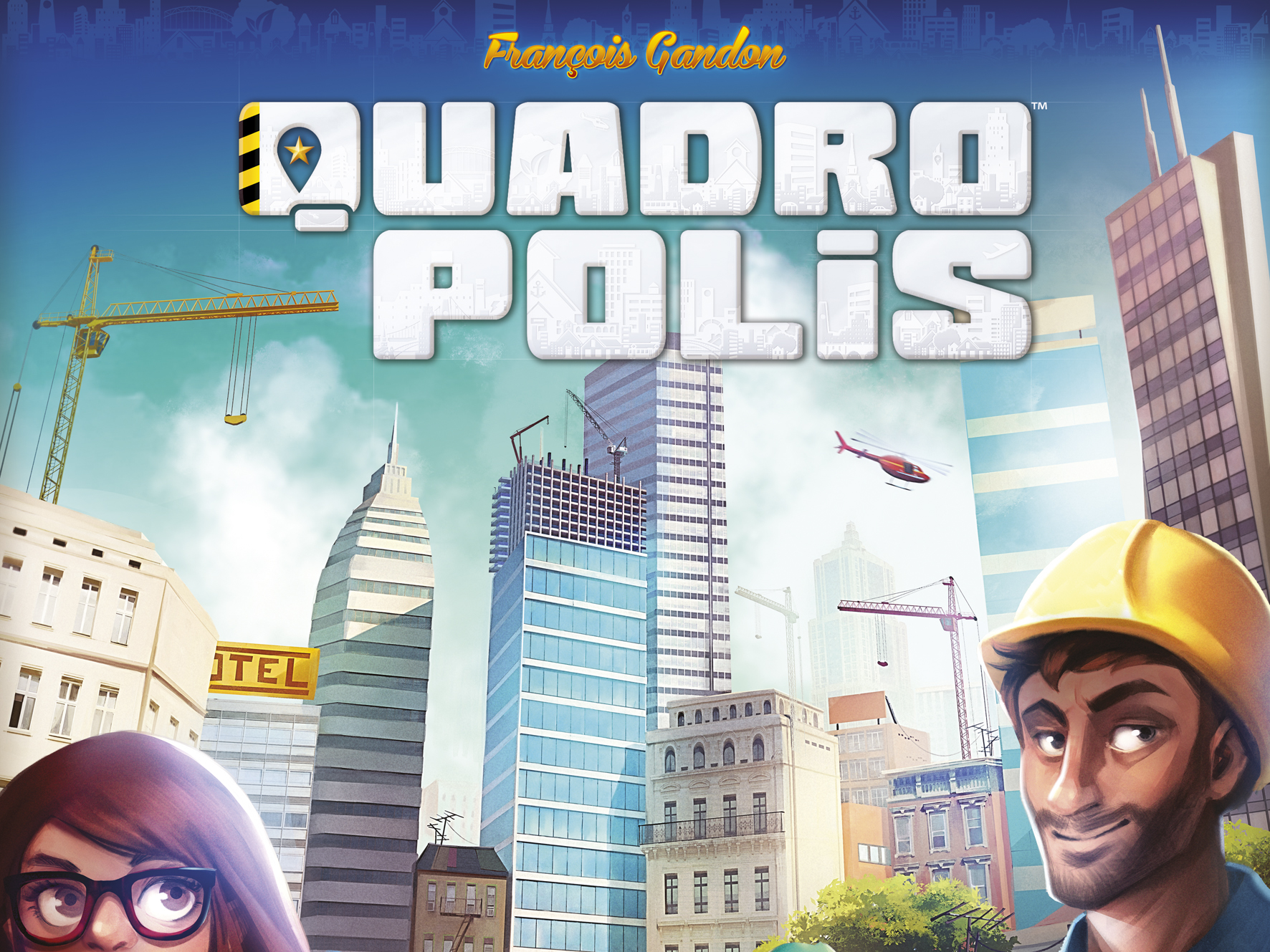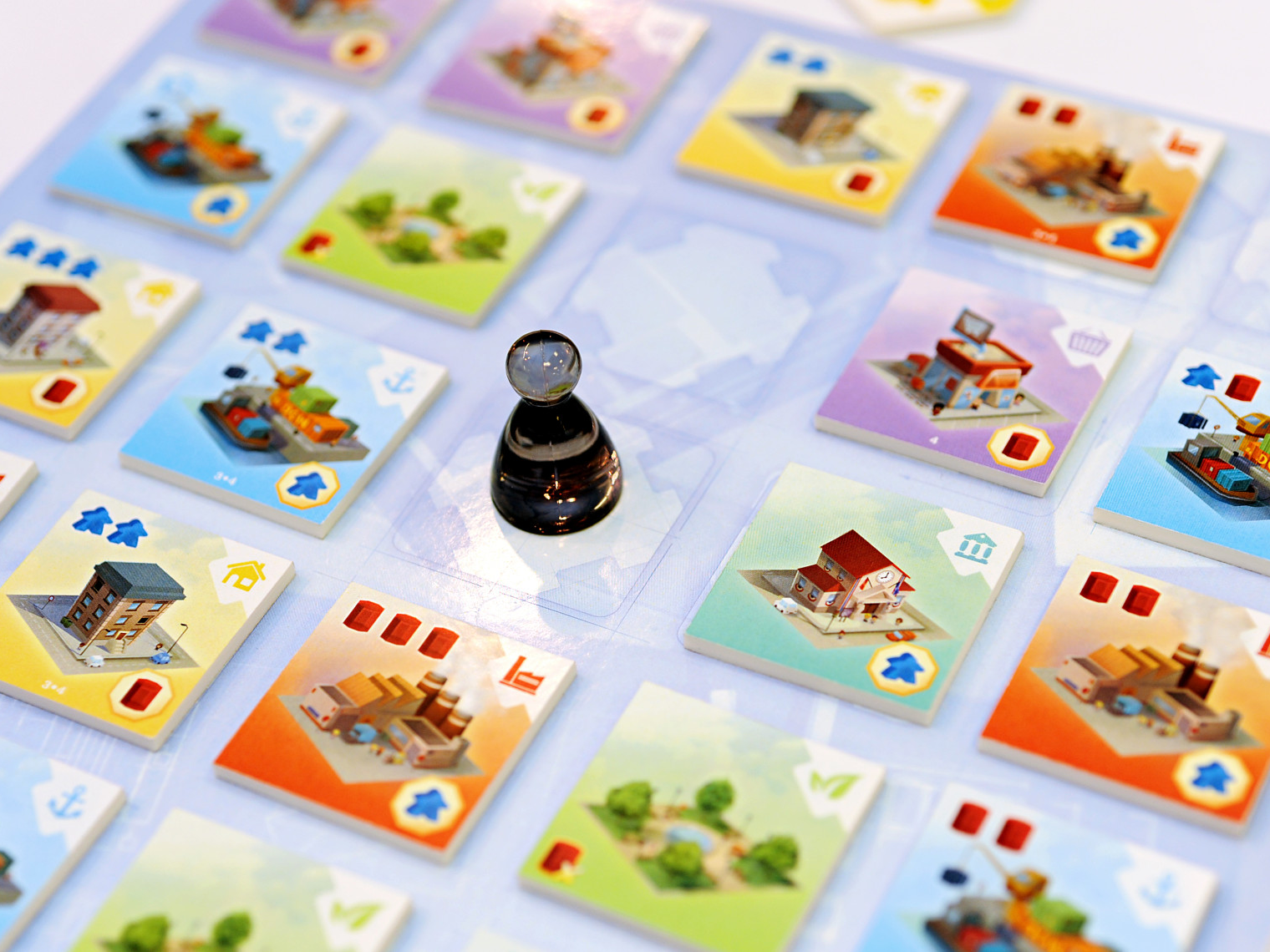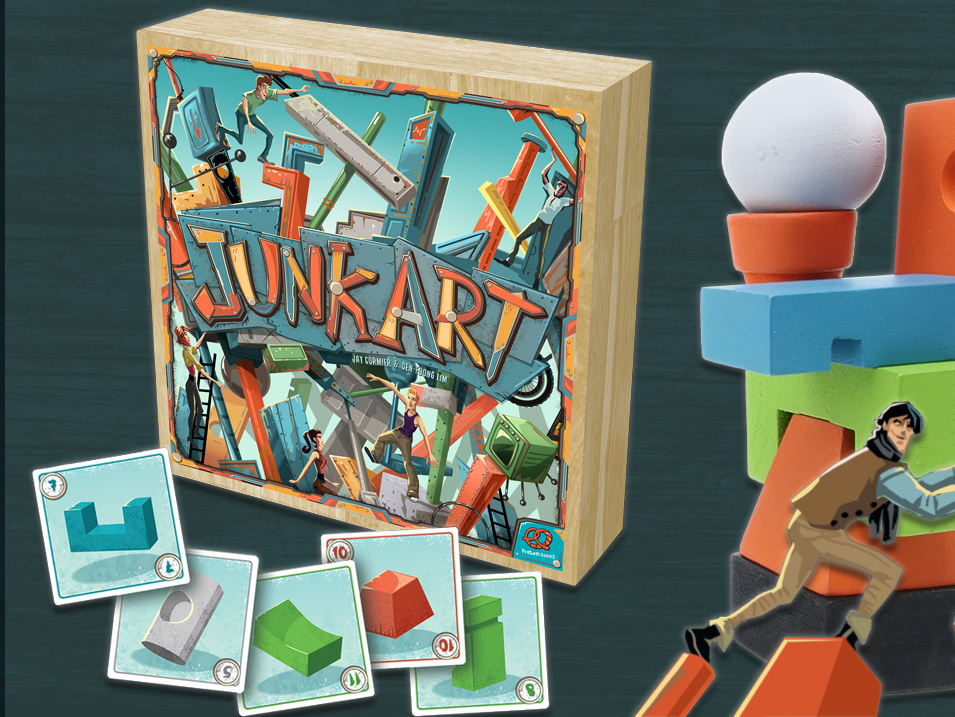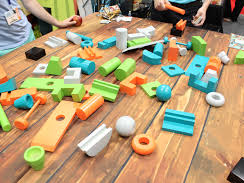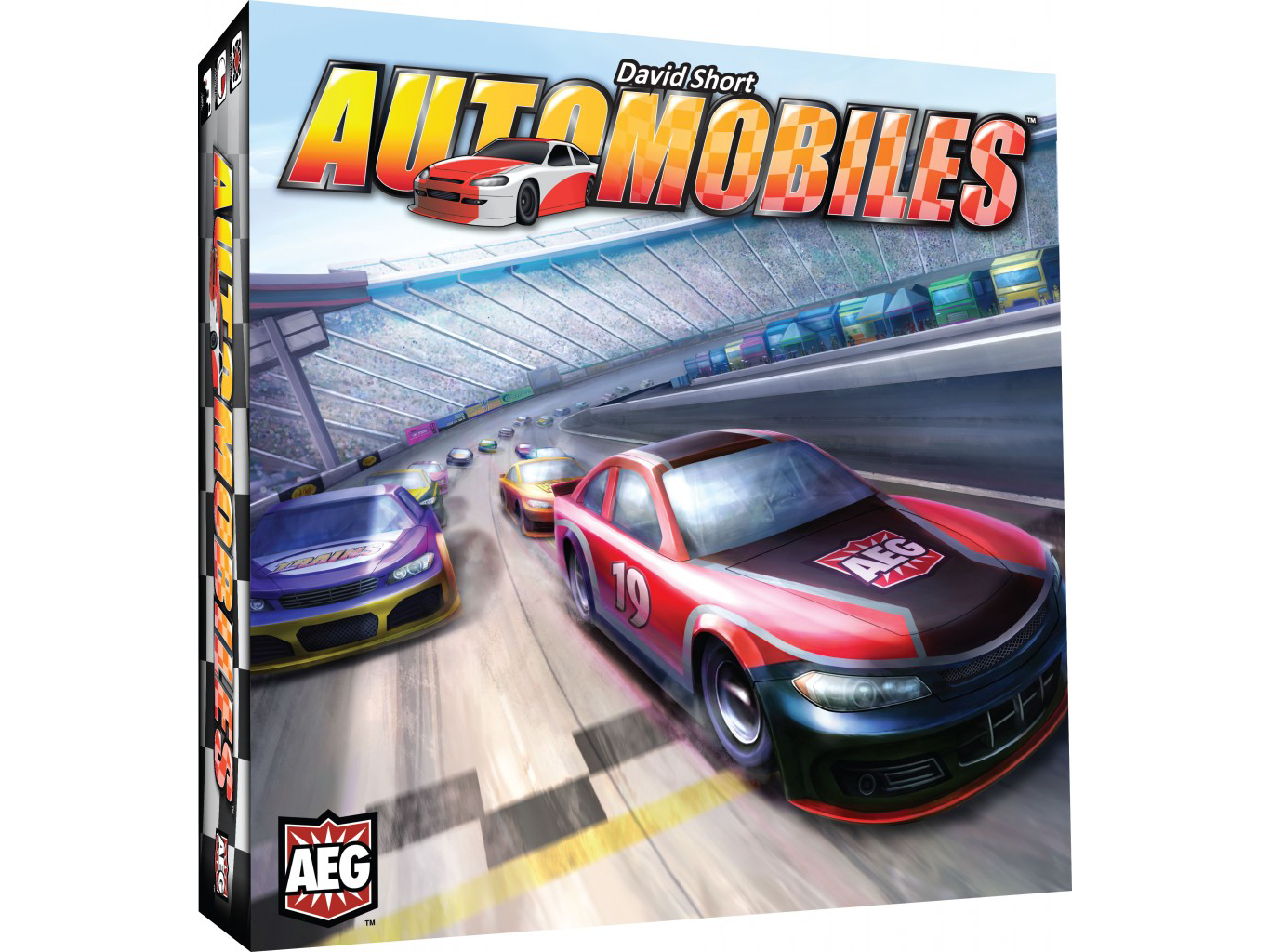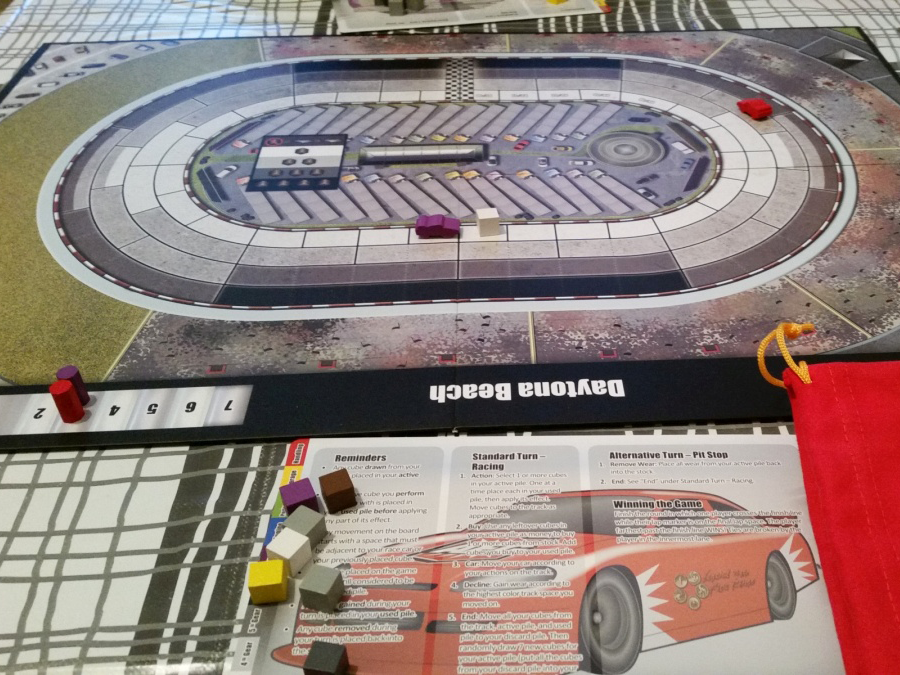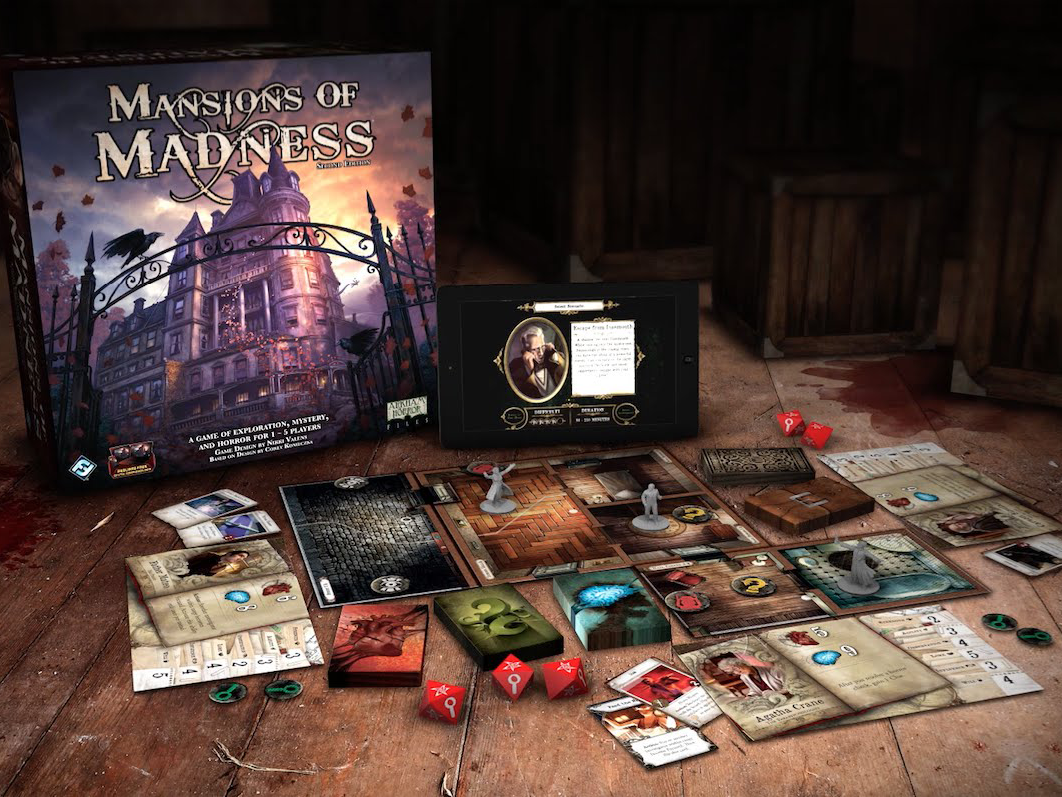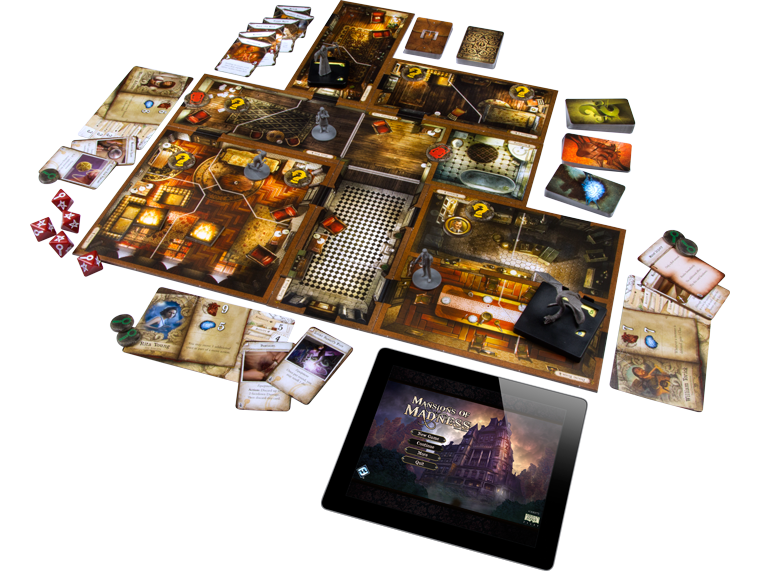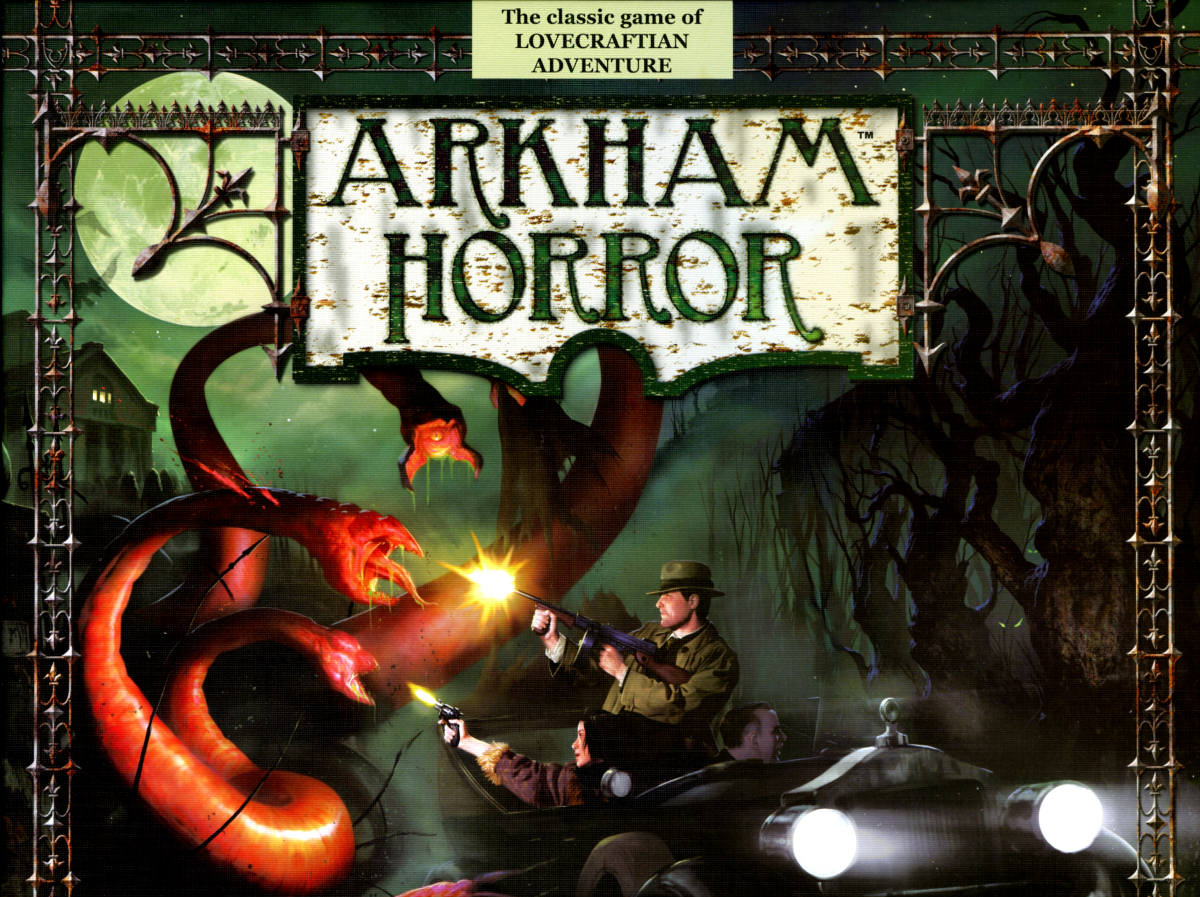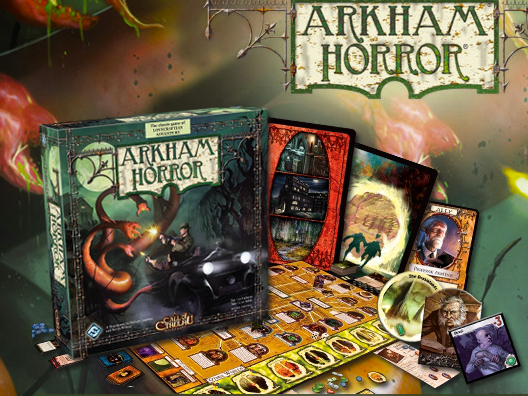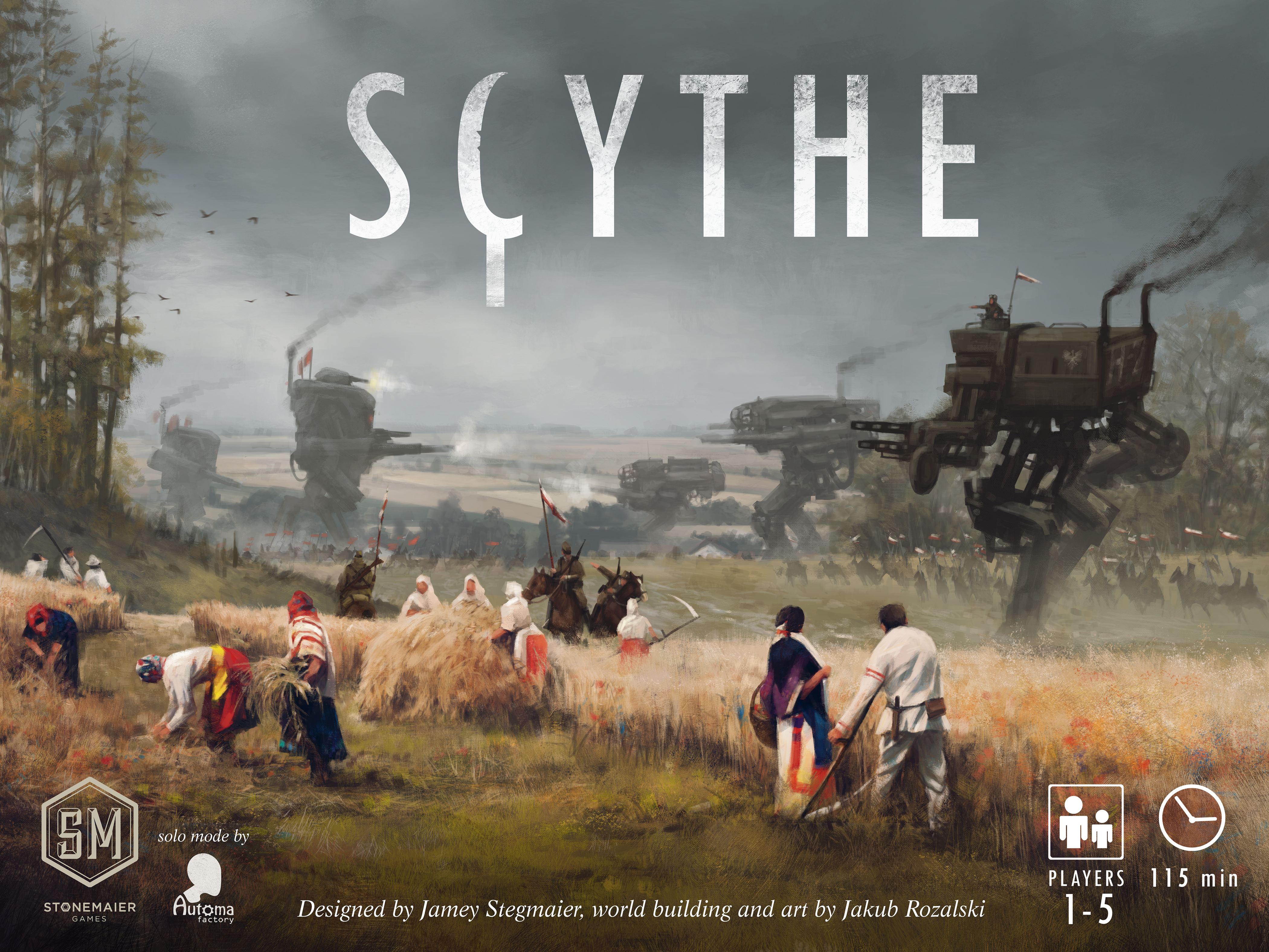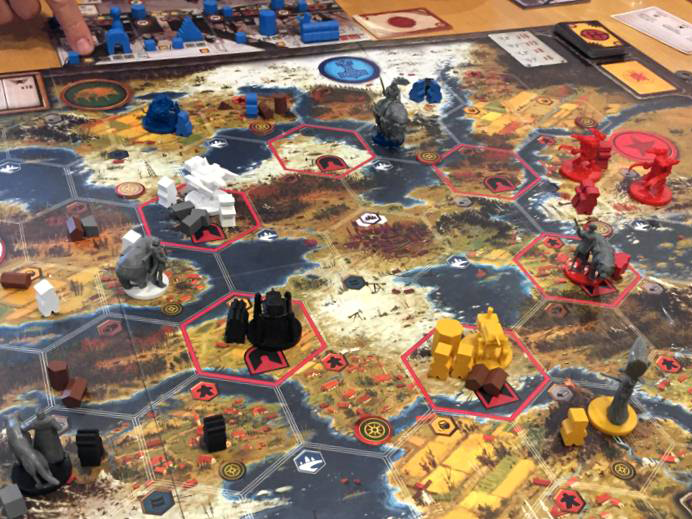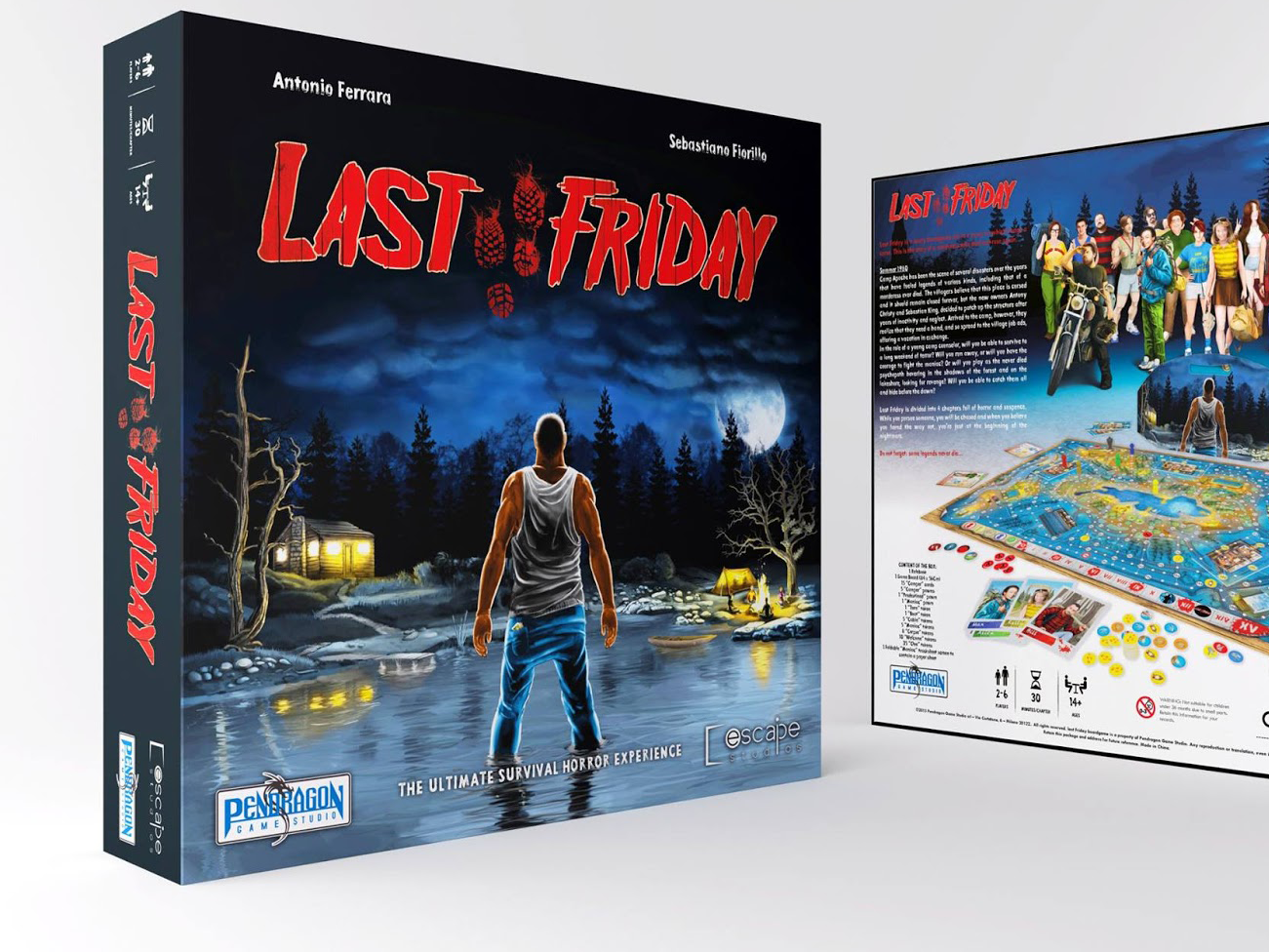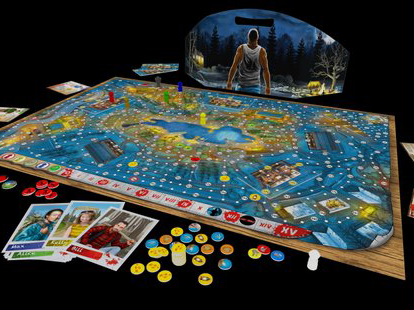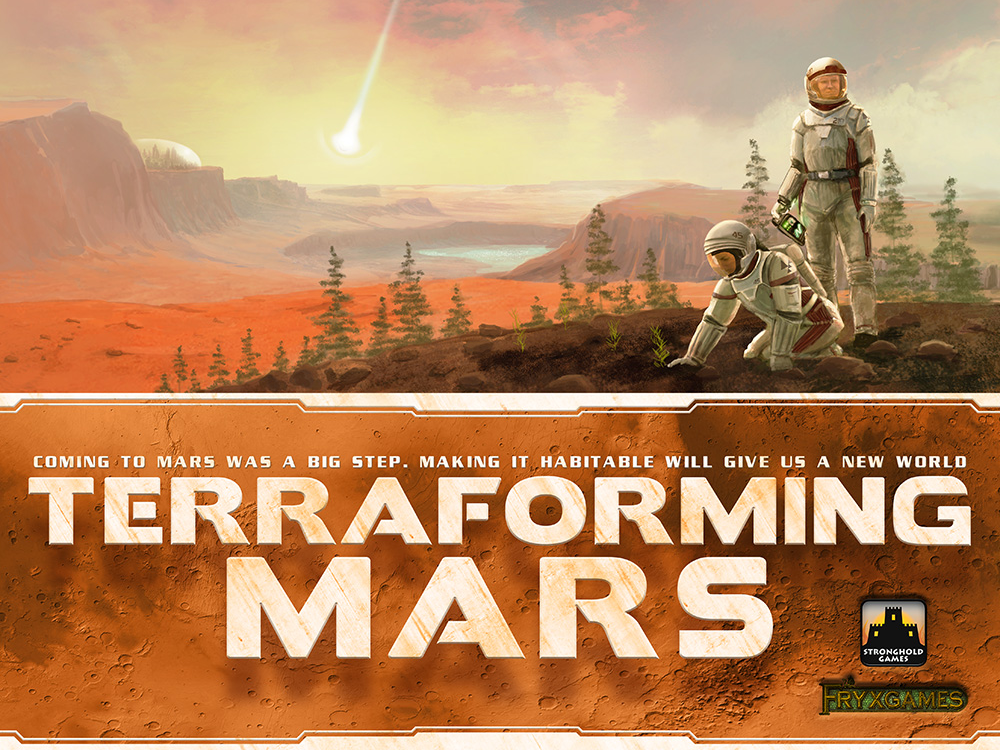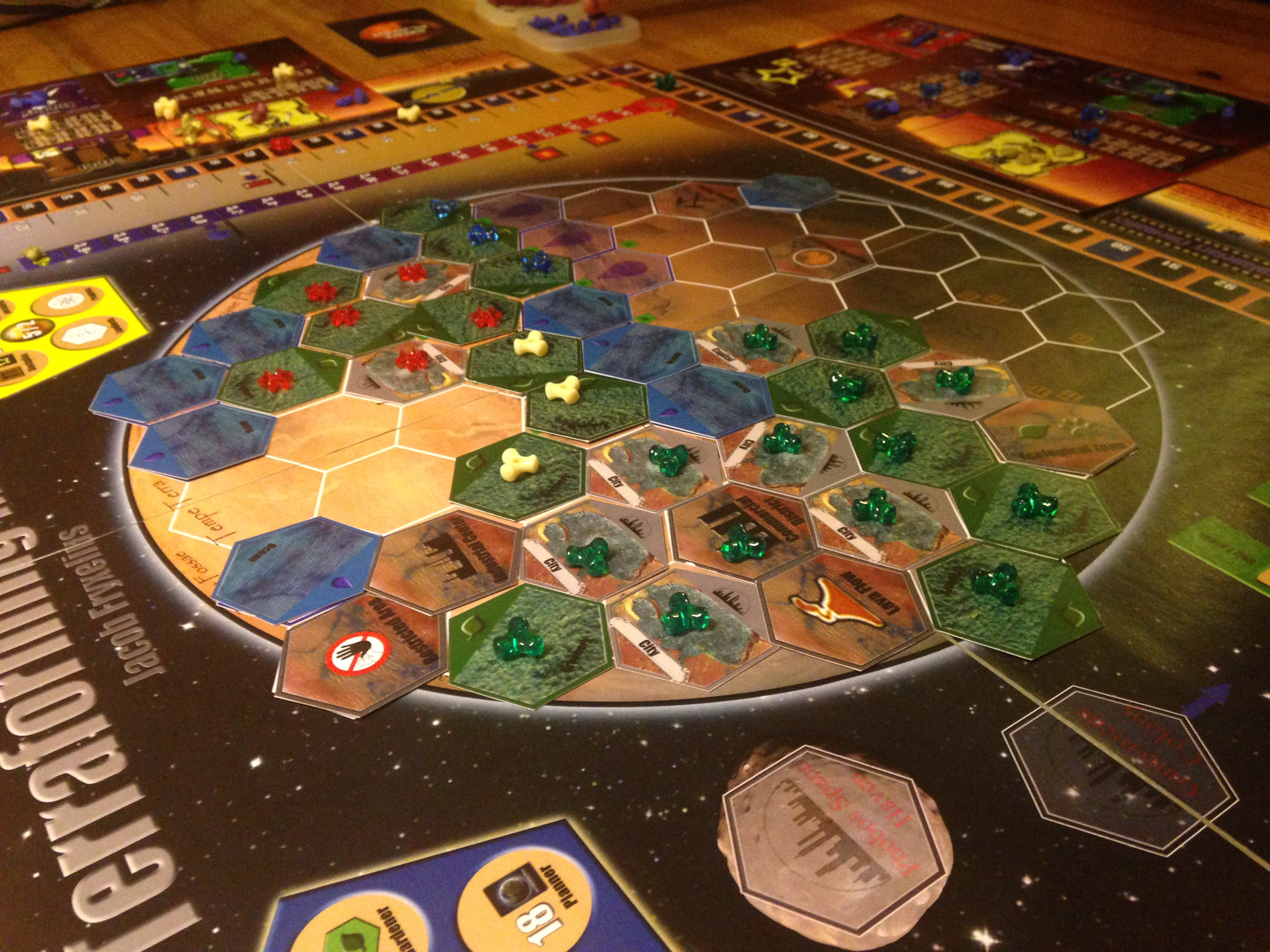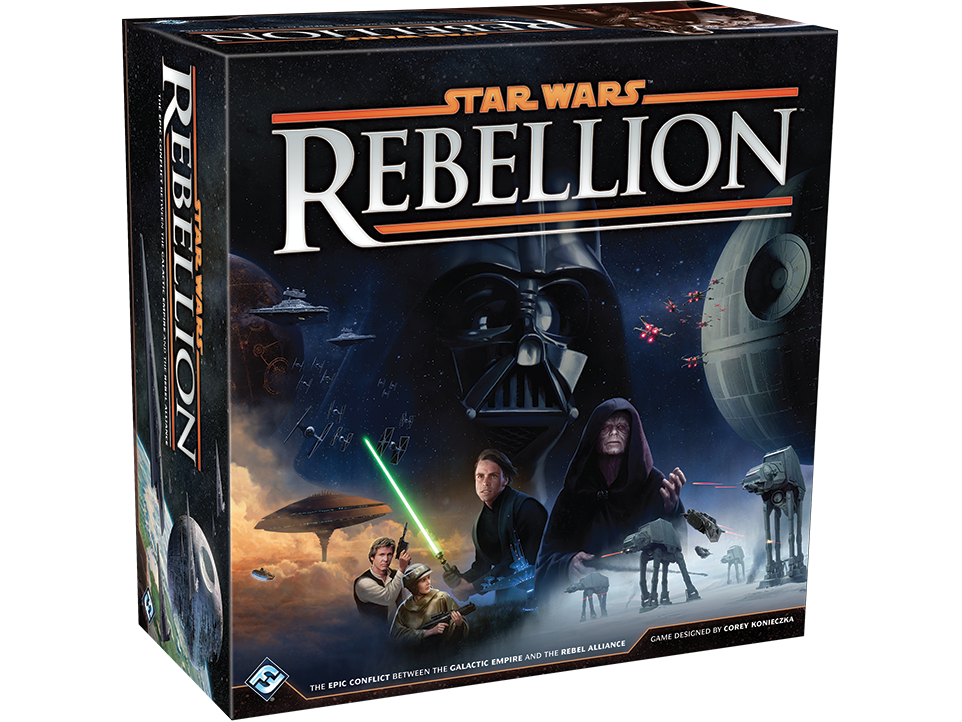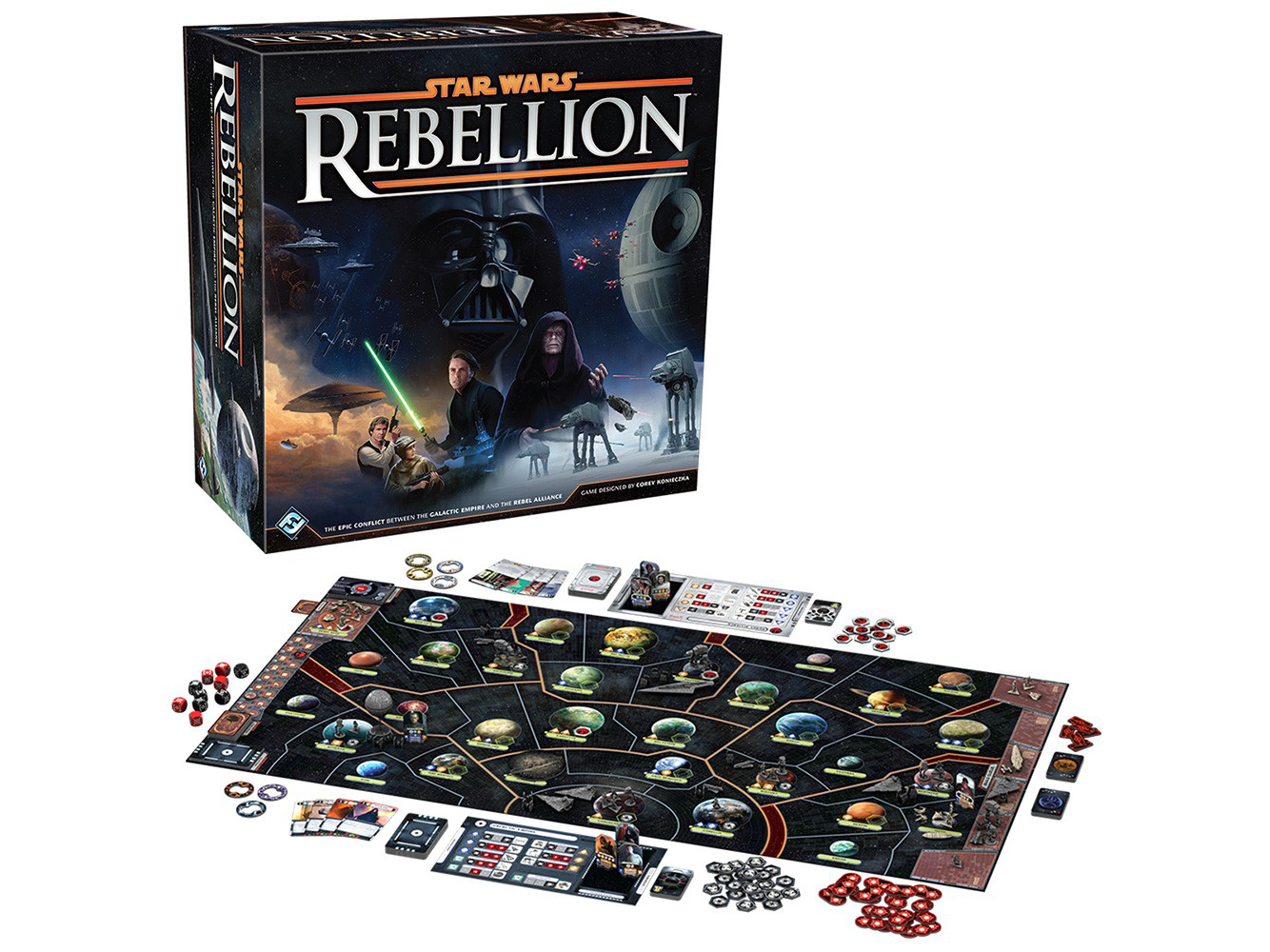Table mates: the 11 best board games of 2016
Clear a space on the dining room table for these tabletop classics...
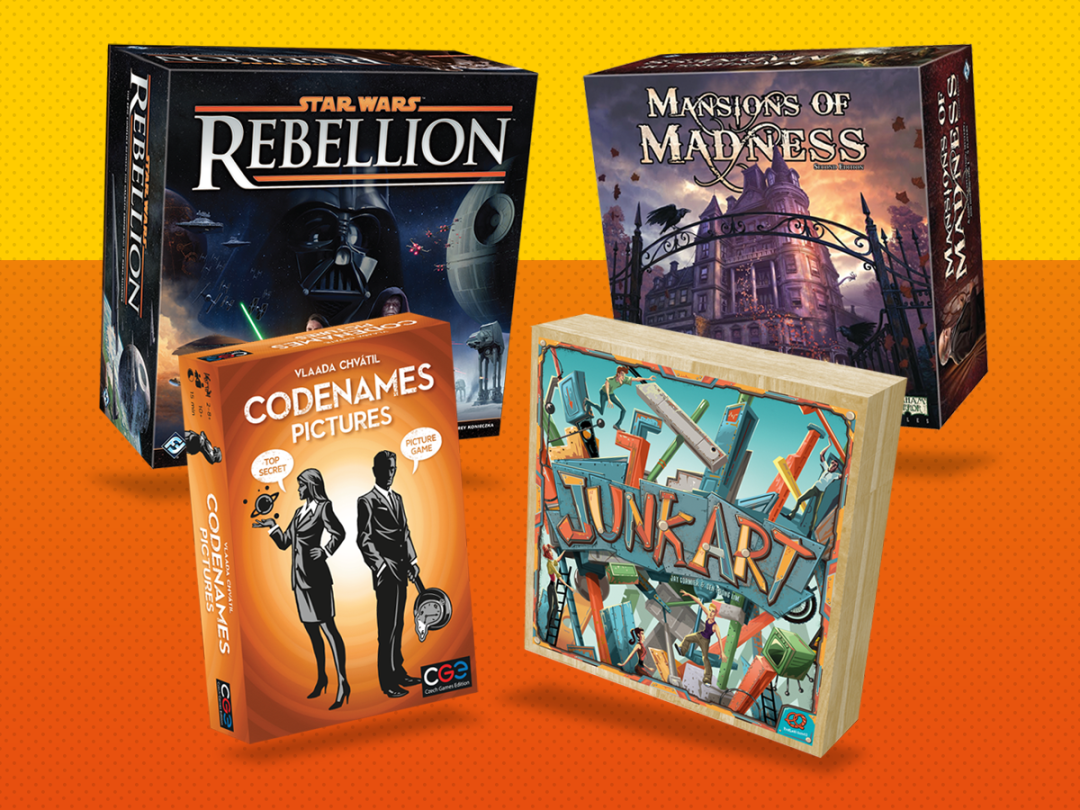
Grown up board games used to be for nerds. Well, they still are. But now they’re for everyone else as well.
There’s never been a better time for tabletop play. Twenty years of cross-pollination between genres and styles has created a menagerie of brilliance. Modern games are quick to learn, hard to master and have huge replay value.
To prove it, here’s eleven great games that came out this year. They’re arranged in rough order of complexity. But once you’ve got a taste from the more approachable ones, you’ll be approaching tabletop monsters in no time.
Secret Hitler – Best for…political parties (£free)
Let’s start with a superb social deduction game for aspiring Nazis that you can make yourself for free. Players take turns nominating a government and choosing policies. Most players are liberals. Some, however, are secret fascists.
The aim is to win by getting enough of your team’s policies enacted. But watch for the hidden Hitler who can take the game for the fascists at a stroke. As well as deduction, there are fascinating political overtones. Good liberals face the temptation of using fascist laws to help them find traitors. Playing is also a learning exercise on the allure of power.
Codenames: Pictures – Best for…the whole family (£12)
In Codenames, one player gives single-word clues relating to a grid of picture cards. The other players on their team then try and guess which pictures that word relates to. Those pictures will teach you more than you ever wanted about the dangerous, slippery ambiguities of words.
What sounds easy in theory proves addictively hard in practice, especially with the added tension of a possible instant loss. Picture based play makes the game suitable for all ages. Plus it scales well to a huge range of player numbers and works just as well as a co-operative game as a competitive one.
Quadropolis – Best for…aspiring strategists (£38)
Wanting to plan your own city seems a strangely primal urge. Yet its popularity is clear from the many settlement-building games around, like Quadropolis. This bright, colourful, family-friendly title sees players jostling to get the best city blocks from a random grid.
However, their selection gets limited by the architects at their disposal. As they use up each one, their choices get narrower. It’s a simple game, but success demands forward planning and enough of a mean streak to block other players. And after the kids are in bed, adults can turn to the deeper "expert" version for extra satisfaction.
Junk Art – Best for…right brain thinkers (£65)
One person’s stack of wooden dexterity game pieces is another person’s treasure. An axiom proven by endless children’s games that require you to balance various oddly-shaped pieces atop one another. What makes Junk Art special, and great for any age, is a fresh coat of strategy.
Players tour three randomly drawn cities, each with different rules as to what constitutes great art. Sometimes it’s a straight up race to balance everything. Others you get to play card-based mini games to make life awkward for your fellow artists. I don’t know much about art, but I know I like this.
Automobiles – Best for…wannabe F1 managers (£37)
Deckbuilding games are a recent genre where players each create their own deck of cards as part of the game. Automobiles provides two clever twists. First, it swaps the card for wooden cubes making it faster and easier to play. Second it adds a board on which players spend their card/cubes to power a car around a racetrack.
There are two tracks, and a different set of cards on offer each game, meaning you have to reassess your strategy on every play. Plus you get the old fashioned thrill of shouting "vroom" and rooting to cross the finish line first.
Mansions of Madness 2nd Edition – Best for…unique stories (£74)
Haunted houses are a quintessential game setting, and no game delivers it better than this. In a clever mix of modern technology and traditional cardboard, it has a smartphone app as a kind of games master. It slowly reveals the map as players move and controls Lovecraftian monsters, events and other characters.
No game is ever the same twice, even with the same scenario, and the app provides astonishing narrative detail. It even manages to be scary, with creepy music and unexpected sound effects. So it’s a small comfort that players are co-operating together against the game.
Arkham Horror: The Card Game – Best for…RPG novices (£29)
What better way to follow a co-operative Lovecraftian horror game than with another one? Except this one is cheaper and a little harder to learn. Players build their characters by building a deck from the selection in the game, allowing them to try out various strategies. Then they test their selections against an unfolding series of agenda and encounter cards depending on the scenario.
Sessions chain together into an overarching plot, a huge magnet for long-term play. Beware though: this is just the starter set. A series of expansions longer than Azathoth’s tentacles are on the horizon.
Scythe – Best for…those who want everything in one box (£59)
Scythe wants to be the ur-game, the mighty sovereign that any player can enjoy, no matter their taste. It’s a game of combat and exploration. Simultaneously, it’s also a game of trading and economics. It’s also a deep reservoir of strategy and efficient use of limited actions and resources.
On top of this it tells an amazing story, with beautiful pieces and artwork, about giant mechs in alternative version of the 1920’s. What’s not to love? Well, it’s hard to learn and punishes inexperienced players. But hey, it’s fun enough that you’re unlikely to stay inexperienced for long.
The Last Friday – Best for…surprising twists (£39)
Hidden movement games, where no-one else is ever quite sure where some of the players are on the board, are a hoot. But they can be one sided in the sense that if you’re hunting or hiding that’s all you do for the whole game.
The Last Friday turns that concept on its gory severed head. It plays like a slasher movie through four acts, with roles shifting through each scene. At the start, the maniac stalks the campers. Then he becomes the hunted as daybreak nears. After that things get really weird, but we better not spoil the surprise.
Terraforming Mars – Best for…heavyweight strategists (£43)
Loosely inspired by a trilogy including The Martian, you’ll be glad to hear it doesn’t involve planting potatoes in your own faeces. Instead, it leaps into the future where technology exists to make Mars habitable. And casts the players in a race to make it happen.
To win you must manage resources each round to manage the cards in your hand to build resources to manage next round. A gigantic extra-terrestrial technological merry-go-round. It might sound odd but it sold out on the back of zero hype. If you want a copy, you’ll have to wait on a reprint.
Star Wars: Rebellion – Best for…Star Wars fans (£71)
One Death Star not enough for you? There are three in this box, plus another 150 miniatures depicting all kinds of Star Wars goodness. But the game needs all that plastic to fulfil its epic scope of re-creating the original trilogy at the grand strategy scale.
It’ll take as long to play as the whole trilogy does to watch, mind, but it’s every bit as gripping. You’ll push starships across the board, fulfil missions and fight epic battles. The Rebel player is the underdog but the Imperials must find and destroy their hidden base to win.
